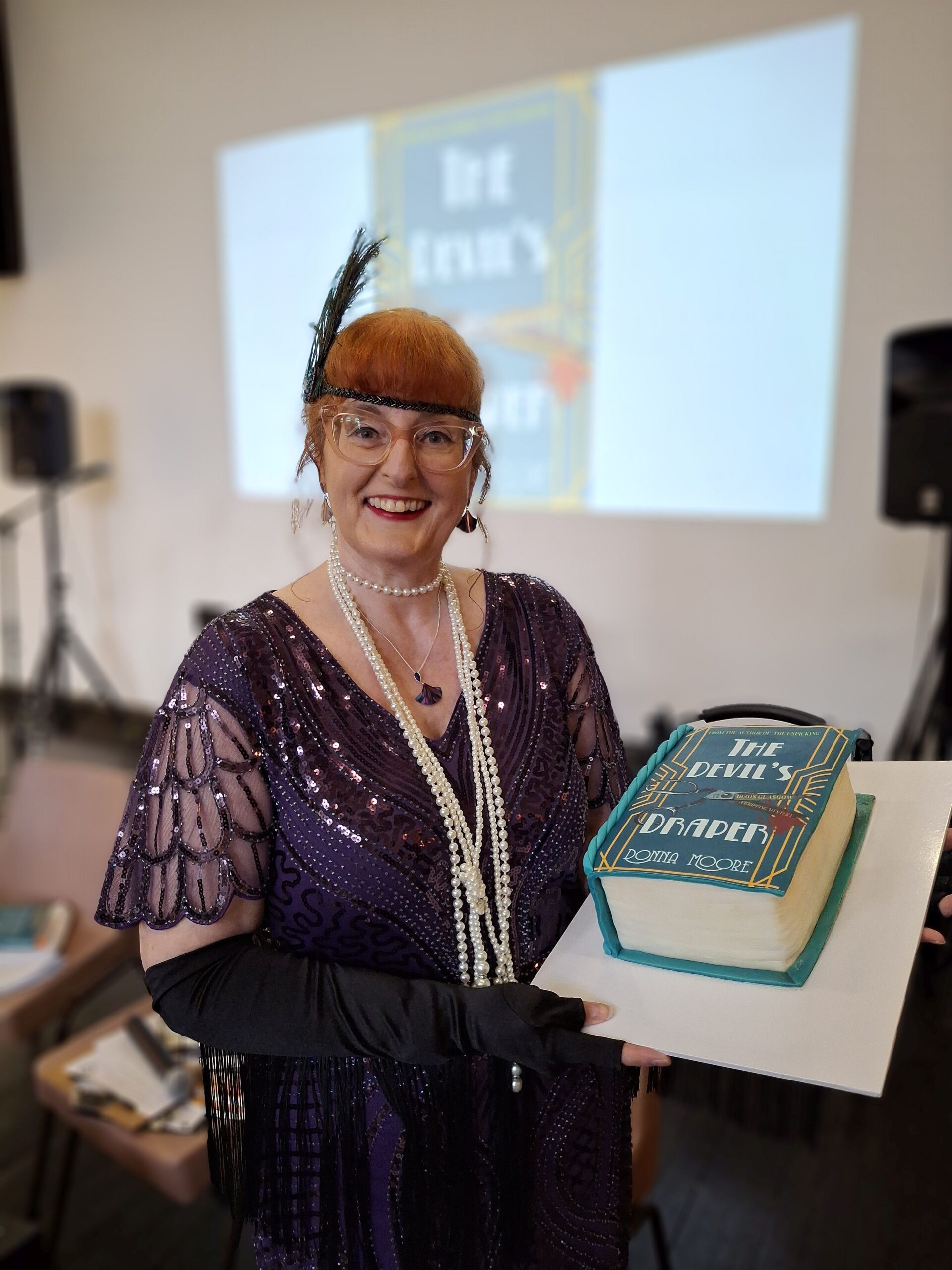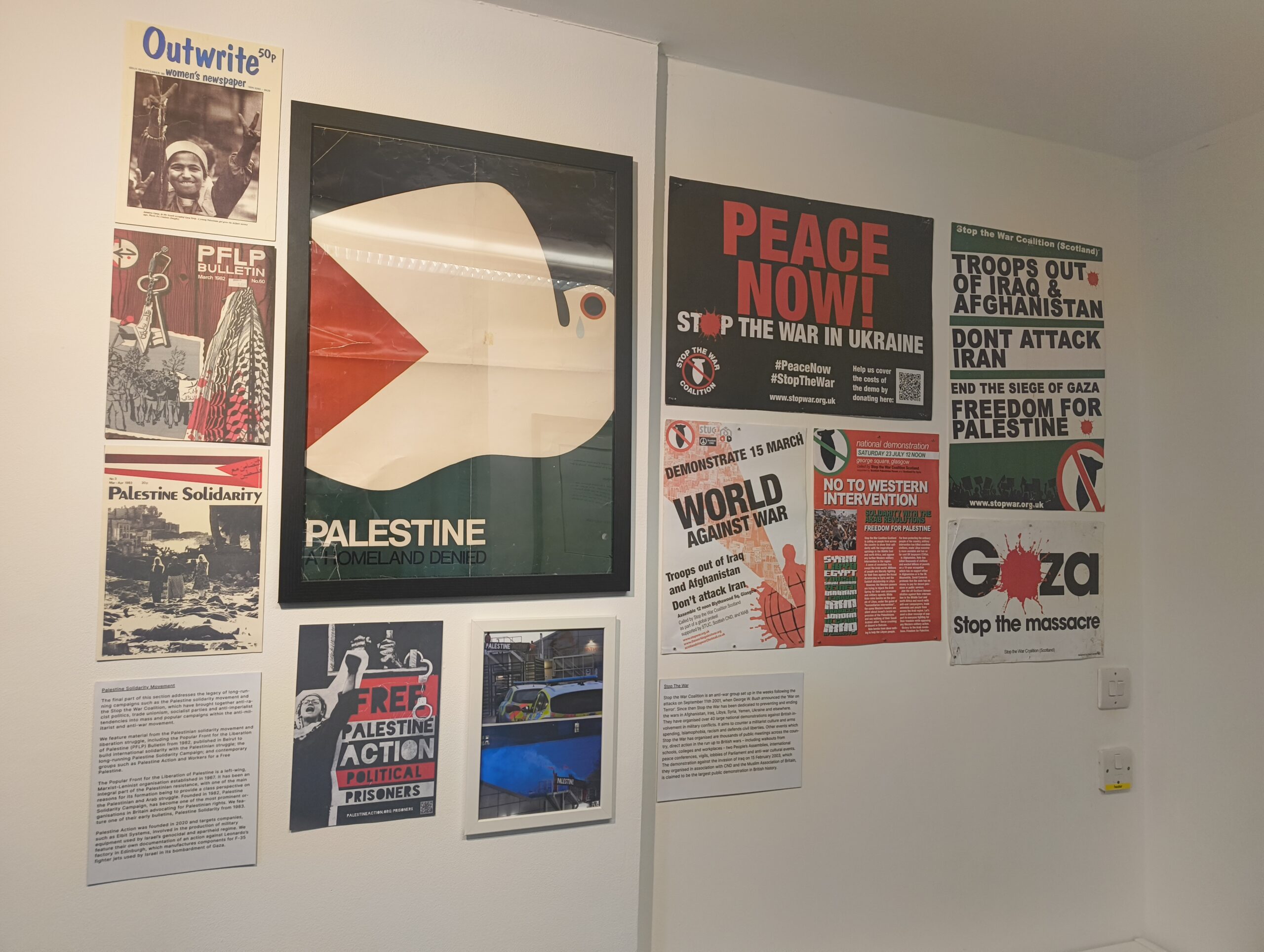Last weekend I attended the London Metropolitan Archive’s 8th Annual LGBT Archives and History conference. Despite changes to the programme due to the snowy weather, it was a full and stimulating day.
This year the conference was entitled: ‘Young Hearts Run Free’ and the theme was LGBT youth work.
First we heard about HLF funding for youth projects through the Young Roots programme. Most of the people who turned up were supported and/or had benefited in some way from this important funder (not least myself!).
We heard from Niamh Moore and Alison Ronan about the feminist webs project. They have accumulated an archive for girls and put feminist youth work resources online.
There is a downloadable excel file listing their physical archives which are held by Manchester University.
Finn Greig spoke from Gendered Intelligence , an organisation specialising in creative and artistic work with trans young people. He encouraged us all to include ‘trans’ or other such terms in promotional literature to make events inclusive as possible.
Next the Social History of Learning Disability History research group gave a presentation. Using oral history and archives, they work closely with those with learning disability to uncover their lost histories. They pointed out that those with learning disability are often perceived by their carers to have no sexuality and in the rare cases when they are, they are presumed to be heterosexual; those that for instance, are gay and disabled, face double discrimination. They showed how important archives – such as medical case files, family photographs and maps and plans of institutions – were for participants in recovering and recording their own histories. We discussed how medical case files and other institutional records are under threat and are often destroyed or hard to track down.
In the break I picked up lists of LGBT resources held by the London Metropolitan Archives and The Women’s Library, London – useful for people doing research and wanting to find out what is held where.
Just before lunch it was my turn and I gave a short presentation about the Lesbian Archive, held here at Glasgow Women’s Library and the Lesbians in Peer Support (LIPS) project. We then had a quick session looking at objects from the Lesbian Archive handling trunk. This trunk is available to hire to various groups for a small deposit.
We had a group discussion about some of the objects from the trunk including how plain and discreet the 1978 lesbian travel guide Gaia’s Guide was, how subscriptions to the lesbian magazine, Arena 3 were sent in a plain sealed envelope, and how things had changed, or not changed in local government since the 1985 Greater London Council’s Changing the World: A London Charter for Gay and Lesbian Rights. I also asked people what they would choose to put in a time capsule to represent something about sexuality today; responses ranged from Madonna’s conical bra, to a mortgage for a lesbian couple, from a young girl’s t-shirt with the slogan: ‘I f***ed your boyfriend’, to a gay leather bondage suit (collecting archivists take note!).
In the afternoon the author, poet and playwright, Maureen Duffy kindly and skilfully led a writing workshop. She read from her 1966 novel, Microcosm reading out a scene describing Gateways, the famous lesbian club. This was part of the Queer London 2011 writing competition. If you want to find out more about entering the competition click here
The ‘Re-writing History’ LGBT group, with support from the Terence Higgins Trust, have developed a training pack for use in schools and I picked up a couple of copies to add to the library’s resources. In the last workshop, members of this youth group led us through a thought-provoking session looking at the demands of the LGBT movement and changes that have happened in the last 50 years.
It was good to try out creative ways of engaging with and opening up discussions about the history of equality, sexuality and identity. I was left with the impression that archivists, artists, teachers, youth workers and campaigners need to work more closely together to develop learning opportunities to address inequality and homophobia. Another theme was the importance of oral history and of actively collecting and using materials.
On that note I really need to get on with cataloguing and making sure that the Lesbian Archive becomes more available…..





